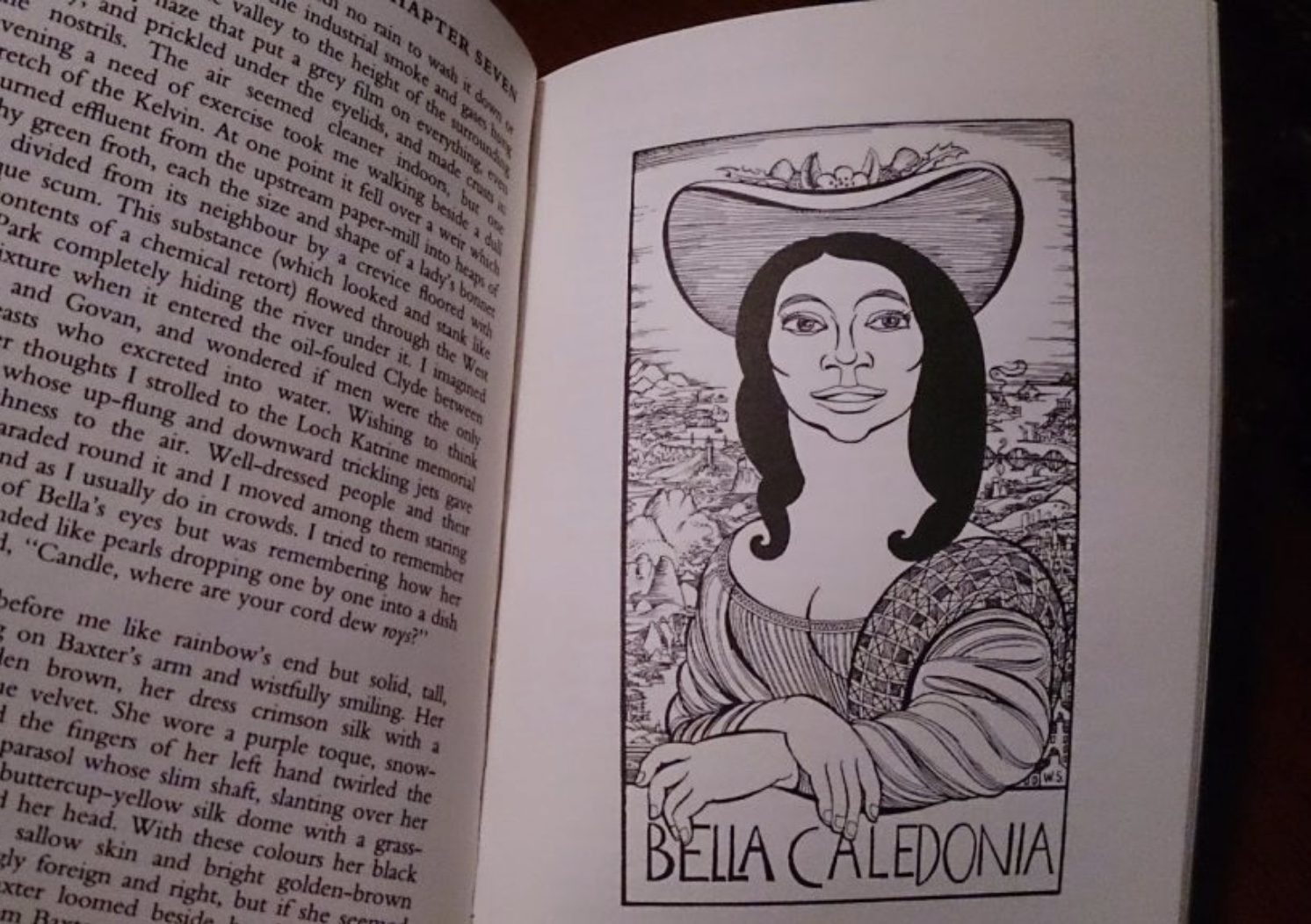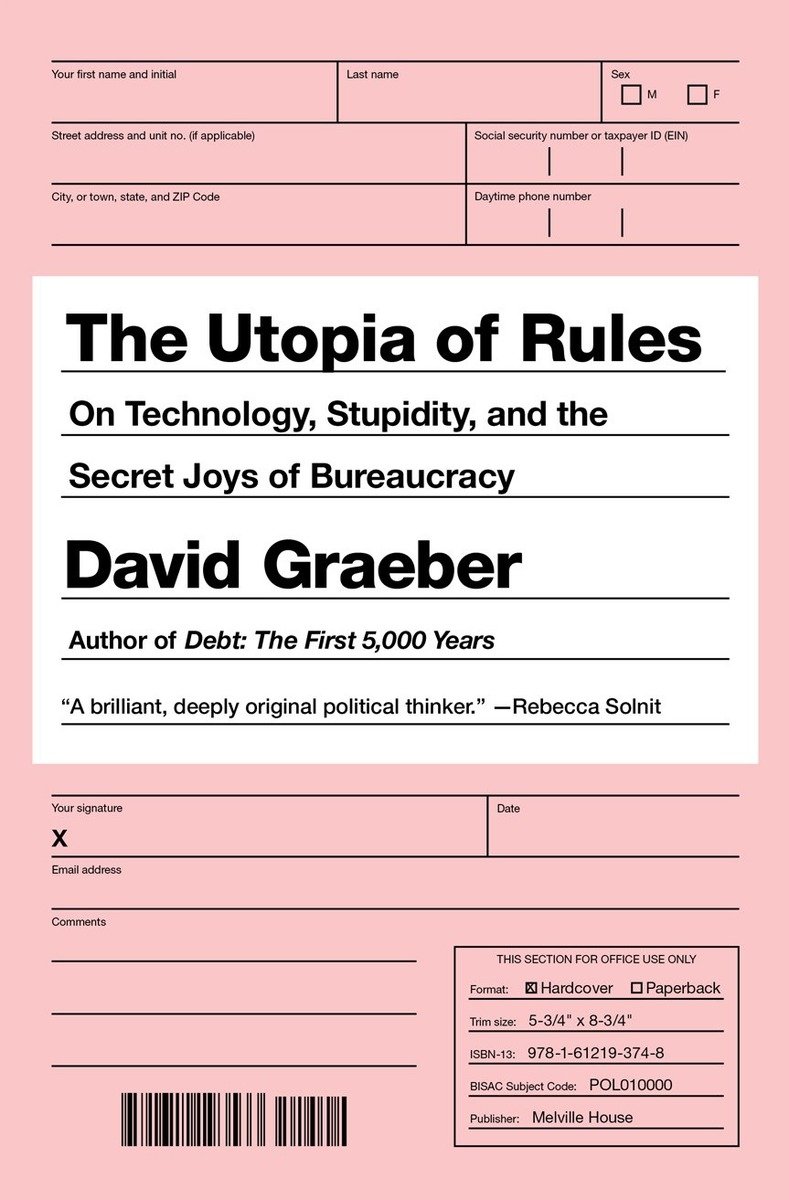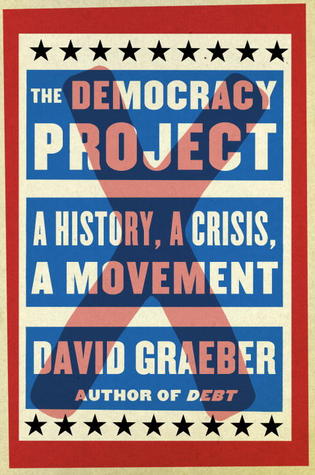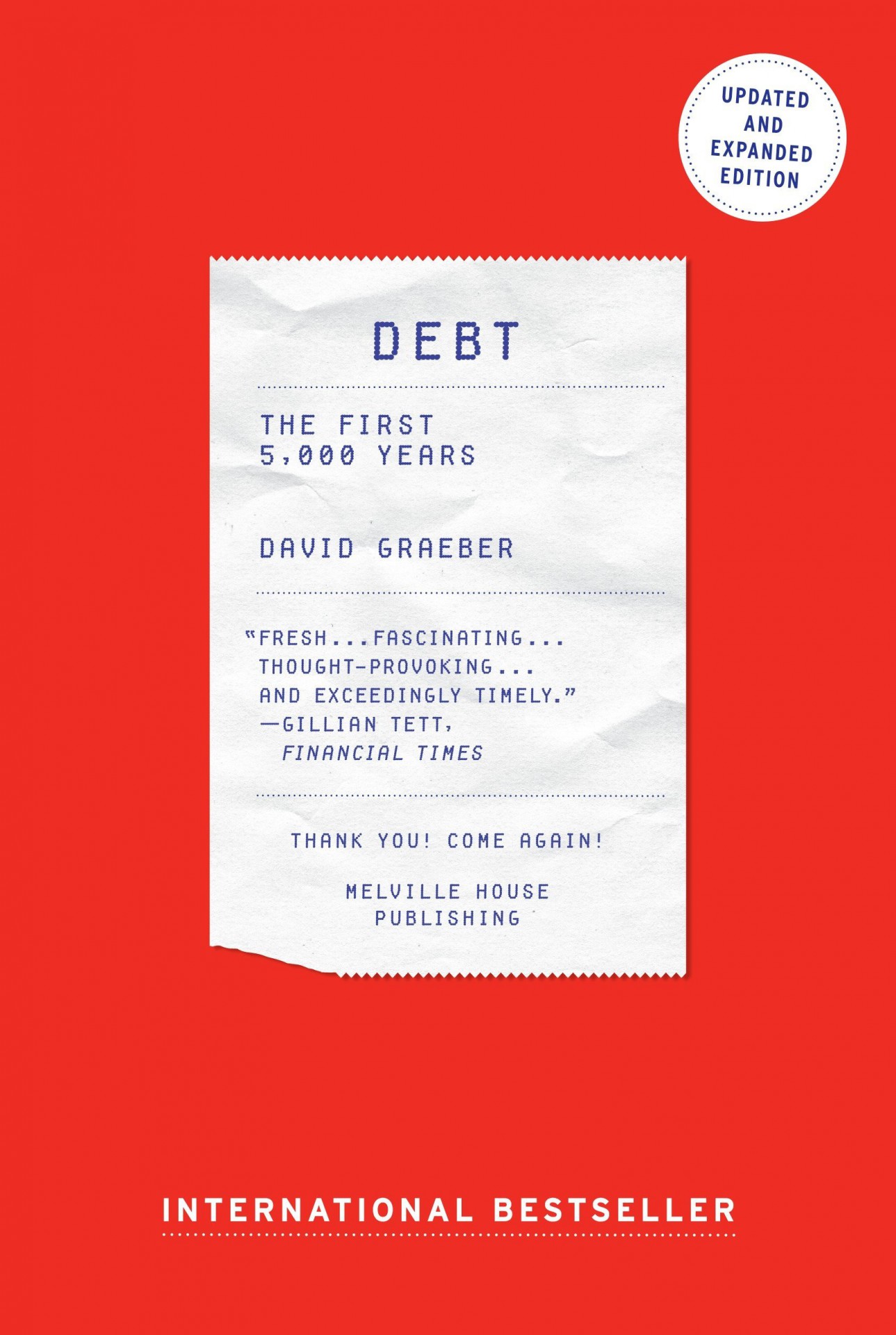
Bureaucracy – separating means from ends
15 Apr 2015
Why the defence claims for capitalism don’t hold up?
How it does not matter to the bureaucratic mentality what is being implemented.
Why police is “bureaucrats with weapons”?
Interview by JP O’Malley, published on bellacaledonia.org
In a compelling new book of essays entitled The Utopia of Rules: On Technology, Stupidity, and the Secret Joys of Bureaucracy, the American anarchist, and anthropologist, David Graeber argues that in all western countries today bureaucracy—whether it comes from multinational corporations or government offices— informs almost every single aspect of both public and private life.
Graeber is a radical thinker who is not afraid to dream big and envision a society that is profoundly different from the one we are presently living in. Here, there would be no need for police, or any other form of authority that threatens violence 24- hours-a-day. And the central message that runs through all of his work is this: we need to radically rethink our fundamental assumptions about how capitalism actually works.
In his last book, The Democracy Project, Graeber argued that anarchism is essentially about giving the voting population the power to self-govern through egalitarian decision-making called consensus: where systems of hierarchy would automatically dissolve. It also publicized the fact that he was one of the leading figures in the Occupy Wall Street Movement, where he co-authored the phrase ‘we are the 99%.’
In his book Debt: the First 5000 Years, Graeber presented an argument which said that there is a systematic connection between military systems and money creation, going back to antiquity. And, that there has always been a fundamental link between how money is created, and wars driven by imperial dominance. The book also looks at the moral confusion around debt forgiveness and the function of debt in the politics of class division and social control. With the current financial and political impasse between Greece and Germany, the book actually seems more relevant today than ever.
I caught up with Graeber for over two hours at his office at the London School of Economics, where he presently lectures in social anthropology:,specializing in theories of value, money, debt, politics, class and social movements. Our conversation covered his new book among other things.
You mention how defenders of capitalism always make two broad claims: 1)That it increases prosperity for all. 2) It creates a more secure and democratic world. Can you outline why these claims are misleading ?
Both are self-evidently false. The main argument defending capitalism is that the poorest of every generation are doing better than they were before, and living standards always increase. That is no longer true. We have the first generation where everybody expects to be poorer than their parents.
And political stability?
Well we’ve got more unrest and international tension than we had 30 years ago.
Can you talk about the classic bureaucratic philosophy that never thinks about the end goals, but just how things should be implemented?
Well the entire idea of bureaucracy is that you can separate means from ends. This is a very unusual idea. For most people, the way you go about doing things, and the end result, are part of the same fabric.
But the bureaucratic sensibility is to say: no we have the rational domain of means and that has nothing to do with ends. The classic bureaucratic mentality is this idea that we are here to figure out the most efficient way to carry out policies that the [hierarchy] comes up with it. And really it doesn’t matter what it is they are asked to do. If it was implementing egalitarian wealth distribution, or annihilating an ethnic minority, a classic bureaucratic philosophy is to just say: we are the means, you decide the ends.
You say the market justifies itself in the same way. How so?
Market ideology is to say: it’s up to you what you spend your money on, we are just about efficiency. We simply operate a system that ensures the most efficient way to allow people to spend their money in whatever way they please.
You call police ‘bureaucrats with weapons’, why?
Because the police don’t actually end up spending their time fighting violent criminals. Instead, they enforce administrative regulation and endless rules. So rather than protecting us against violence, police actually bring the threat of violence into situations where it would have never occurred otherwise. Most incidents of violence —domestic violence, a drunken brawl, or gang fights— the police don’t get involved. On the other hand, try driving down the street with no license plates: how long will it be before you are surrounded by people with weapons?
You argue that right-wing thinking advocates violence to define the very parameters of social existence and common sense. Can you elaborate?
Violence is one of the only forms of human interaction where it’s possible to have predictable effects on the actions of other people about whom you understand nothing. Almost all forms of social inequality are ultimately based on violence. So even though nobody may be beating anybody up now, if they did try and change these education and property arrangements[that exist in our current society] swords would come out. So the violence is always lurking in the background. We really underestimate the degree to which those systematic forms of inequality are made possible by violence.
You write in the book:“Bureaucracies themselves are not forms of stupidity so much as ways of organizing stupidity.” What do you mean by this statement?
The basic idea is that power makes you dumb and blind. Bureaucracy produces idiocy.
But is there something inevitable about the nature of rules and regulations that makes people stupid? Or is it the context in which it occurs? It strikes me it’s the latter.
Bureaucracy tends to intervene in situations where there are vast inequalities of power.
So they are themselves forms of stupidity because the people on top don’t have to spend a whole lot of time thinking about what the the people on the bottom are thinking. This is one of the great ironies of history: poor people care a lot more about rich people than rich people care bout poor people.
You argue that the right has a critique of bureaucracy, but the left has none. Why do you think this is?
In the 1960s the left did have a critique of bureaucracy. But it was a critique of corporatism:this idea that you can essentially get everyone together working in these corporations and our interests are all intertwined. They were pointing out that this bureaucratic vision, whether you are talking about social democracy, communism or fascism, all share that same core notion. So that was a legitimate critique at the time.
But one thing that capitalism is very good at, is that whatever critique you throw at it, it adopts it, and then throws you back some horrible nightmare of the same thing. So with neoliberalism they say: okay, you want hedonism, flexibility, will give you flexibility, watch this: you’re all casuals!
So nowadays you have [those on the right] saying that welfare state policies are similar to communism and fascism. That is just taking the 1960s[Left] critique[of bureaucracy] and saying any form of the welfare state is a form of fascism.
So you are saying that the left then ends up defending those institutions, and therefore defending bureaucracy as a result?
Exactly. So the mainstream left has this nightmare fusion of the worst elements of the market and bureaucracy at the same time. Because rather than having a traditional working class base in society— which has been annihilated— essentially you have this professional-managerial-class: hospital administrators and so forth. These are the only people for whom this marketized bureaucracy actually makes sense. So the libertarian-free-market-right at least have a critique of bureaucracy. Granted it’s not a very good one. But the left’s critique of bureaucracy doesn’t really exist.



